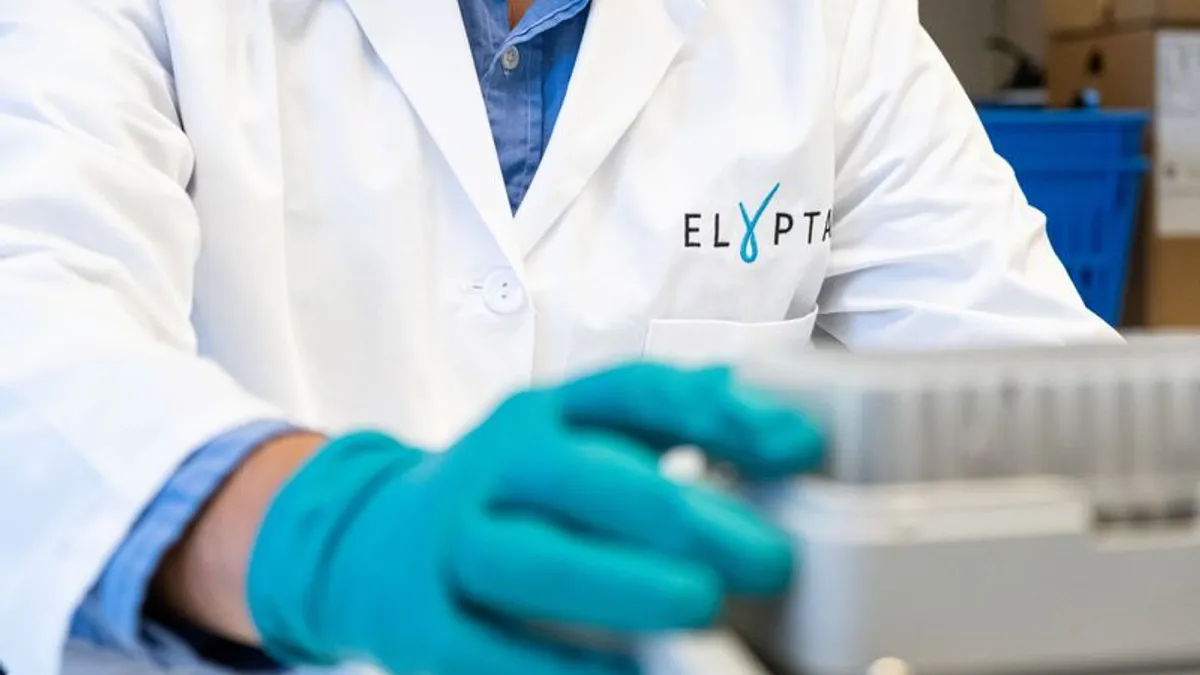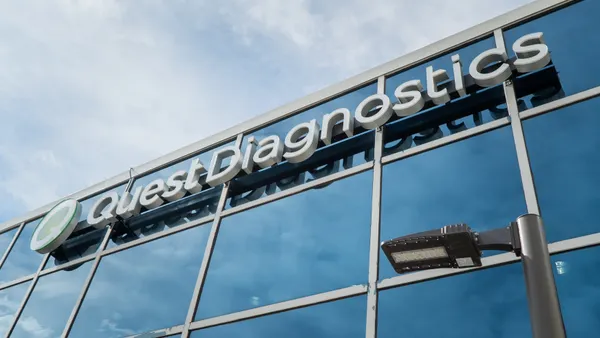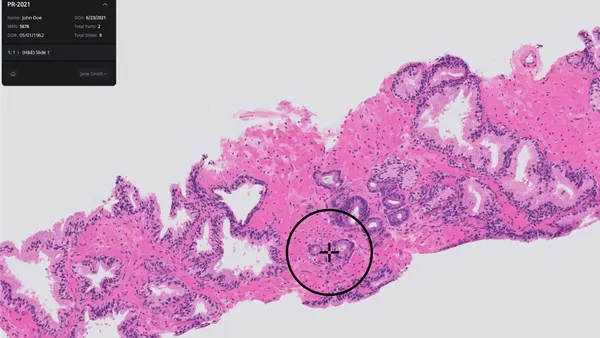Dive Brief:
- Elypta’s metabolism-based liquid biopsy for early cancer detection has won the Roddenberry Foundation’s (TRF) 2023 Grand Prize.
- The diagnostic measures a panel of glycosaminoglycan biomarkers (GAGomes) and uses algorithms to detect cancer-specific signatures and improve on the sensitivity of genomic tests.
- After assessing technologies nominated by more than 300 venture capitalists, impact investors and foundations, TRF picked Elypta as the winner of the $1 million top prize.
Dive Insight:
TRF was founded by the son and daughter in law of Star Trek creator Gene Roddenberry and since 2016, has awarded the biennial Roddenberry Prize “to ventures that hold the promise for a more equitable and prosperous world in which everyone – regardless of background – can thrive.”
Elypta took home the top prize this year. The Swedish diagnostic startup won for a non-invasive test that, based on early data, may be more sensitive at detecting stage I tumors than the genomic liquid biopsies that dominate multi-cancer early detection today. Rather than look for changes in the methylation patterns of cell-free DNA, Elypta is focused on GAGs, a class of polysaccharides, in plasma and urine.
As Elypta employees and their collaborators described in a paper published in the Proceedings of the National Academy of Sciences journal late last year, cancer-specific reprogramming of GAG biosynthesis offers an alternative way to detect tumors. In the validation study, plasma and urine GAGomes doubled the stage I sensitivity achieved by genomics biomarkers. At 99% specificity, the test had 21% sensitivity for stage I cancers and 43% for tumors with poor prognosis.
Detection of stage I cancers, the first stage of disease, is critical to improving outcomes because it is easier to treat tumors before they grow and spread. As well as improving the detection rate, Elypta could cut the cost of screening compared to diagnostics based on cell-free DNA and proteins. The test could also be used in combination with genomic diagnostics to further increase the detection rate.
Elypta is still determining the exact mechanistic association between free GAGomes, but TRF saw enough promise to hand it the grand prize. Five other projects received $100,000 each. Elypta is sponsoring clinical studies to validate the test.












